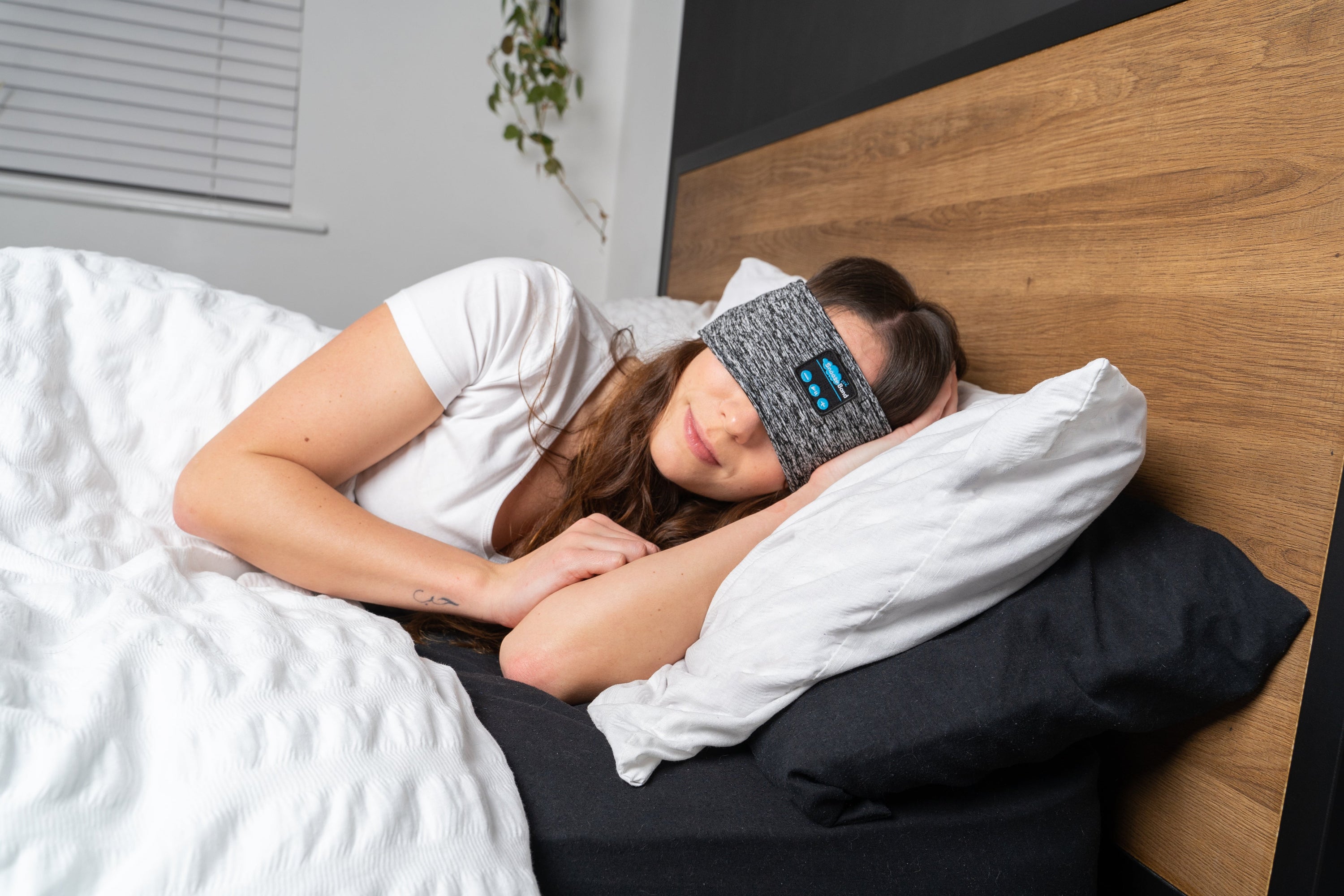We all know that feeling when your favourite song is played on the radio - your mood instantly lifts, you feel a rush of pleasure and can’t help but start to tap your feet. There’s no denying that music has powerful effects on both our body and mind.
In fact, for most of human history, music has been used to treat physical and emotional trauma.
First discovered in ancient Greece for its benefits, various studies have shown that music influences our breathing and heart rate, triggers the release of hormones, stimulates the immune system and can boost our brain’s cognitive and emotional centres.
But what exactly happens when we listen to music while we sleep?
Listening to calming music before and during sleep can trigger changes in our body that mimic a sleep state. A slower heart rate, slower breathing and reduced blood pressure are all changes that help the body relax and aid in the process of falling and staying asleep.
Essentially, you’re getting your body ready for sleep by tuning it into sleep mode.
But there’s more than just physiological benefits - One of the most important ways that music can help our sleep indirectly is by changing our mood and emotional state. Stress, anxiety and depression are some of the main reasons why adults struggle with insomnia.
By changing our mood, tuning out racing thoughts and relaxing our body, music can indirectly help to improve our sleep quality and overall well being.
What music is best to listen to at night?
Research has shown that music that beats like our heart, with a rhythm between 60-80 beats per minute, is best to put us closer to a sleep state. You’d better save those up-tempo songs to get you working harder in the gym or keep you alert on a long drive.
White noise, pink noise, nature sounds or classical music are all excellent choices, but feel free to experiment with different sounds until you find one that’s right for you.
Also, don’t forget to make sure you’re comfortable and avoid in-ear headphones as they can damage your ear canal or lead to ear infections when worn all night. Instead, choose some soft & padded over the ear headphones that are specifically designed for sleeping.
With everything, make sure you stick to a routine and create an enjoyable evening ritual that gives your body enough time to wind down. While you might not notice a difference right away, stick with your new routine for a few weeks and you’ll likely find the calming effects kicking in more strongly.


